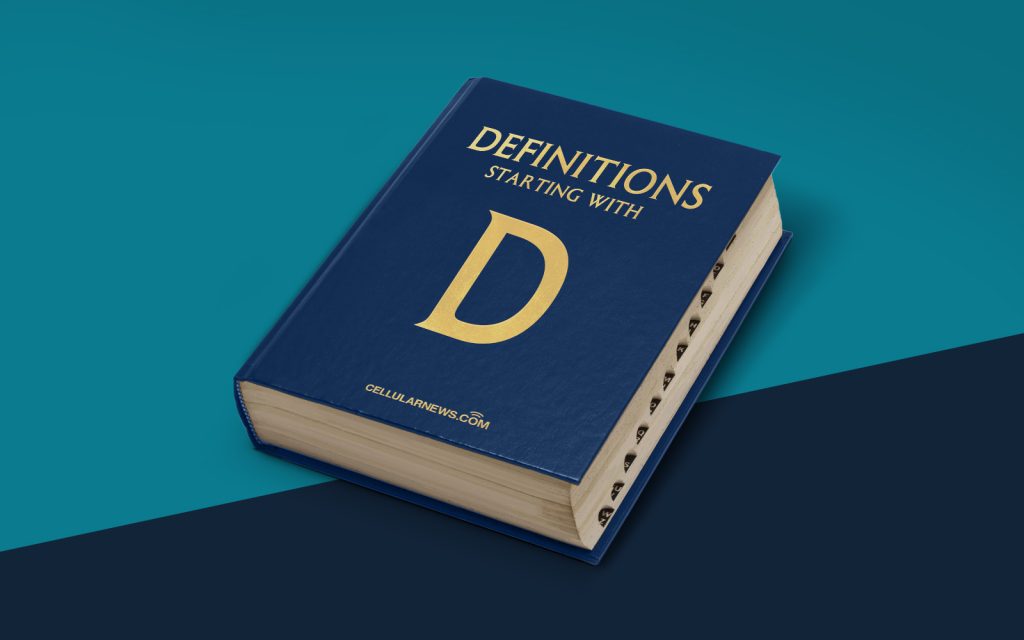
Understanding Derivative Work Rights: Exploring the World of Creativity and Copyright
Greetings, fellow SEO enthusiasts! Today, we embark on a thrilling journey into the realm of derivative work rights. Have you ever wondered what exactly constitutes a derivative work and how it relates to copyright? Well, you’ve come to the right place. In this article, we’ll dive deep into the concept of derivative work rights, exploring its significance in the creative industries and shedding light on its legal implications.
Key Takeaways
- A derivative work is a new piece of work created by modifying, transforming, or building upon an existing original work.
- Derivative work rights grant the creator of the original work the exclusive right to control and profit from any adaptations or derivative works based on their creation.
An Introduction to Derivative Works
Before we delve into the intricacies of derivative work rights, let’s start by understanding the very essence of a derivative work. In simple terms, a derivative work is a piece of creative work that is created by modifying, adapting, or building upon an existing original work. These modifications can take various forms, including translations, adaptations, transformations, or even creative remixes.
Derivative works are prevalent in numerous creative fields, such as literature, music, art, and film. For instance, a film adaptation of a beloved book, a remix of a popular song, or a painting inspired by another artist’s work can all be considered derivative works.
Now, you might be wondering, how does copyright come into play when it comes to derivative works?
The Importance of Derivative Work Rights
Derivative work rights hold profound implications for both creators and consumers of creative content. These rights are essentially a subset of copyright law and grant the creator of the original work exclusive control over any adaptations or derivative works based on their creation. Here’s why these rights matter:
- Protection and Control: Derivative work rights provide artists, authors, and creators with the legal protection and control they need to safeguard their creations. These rights allow them to dictate how their work is used, modified, or transformed, ensuring that their artistic intentions are respected.
- Economic Value: Derivative work rights enable creators to monetize their original creations by granting them the exclusive right to profit from any adaptations or derivative works. Creative professionals can license or sell the rights to create derivative works, opening up new avenues for revenue generation.
However, it’s essential to note that the boundaries of derivative work rights are not always black and white. Determining whether a work is truly derivative and falls under these rights can be a complex matter, often requiring legal expertise and interpretation.
In Conclusion
Derivative work rights play a significant role in preserving the integrity of creative works and ensuring that their creators can benefit from the fruits of their labor. These rights provide legal protection, control, and economic value for original works by granting creators the exclusive right to control and monetize any adaptations or derivative works.
So, the next time you come across a film adaptation of your favorite book or a remix of a popular song, remember the intricate web of derivative work rights that enable such creative endeavors to thrive.
